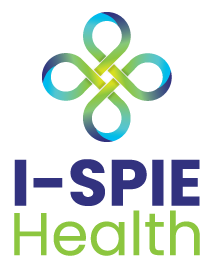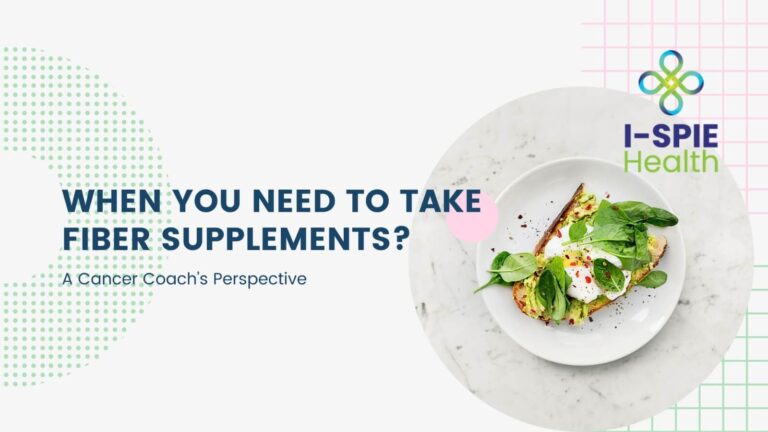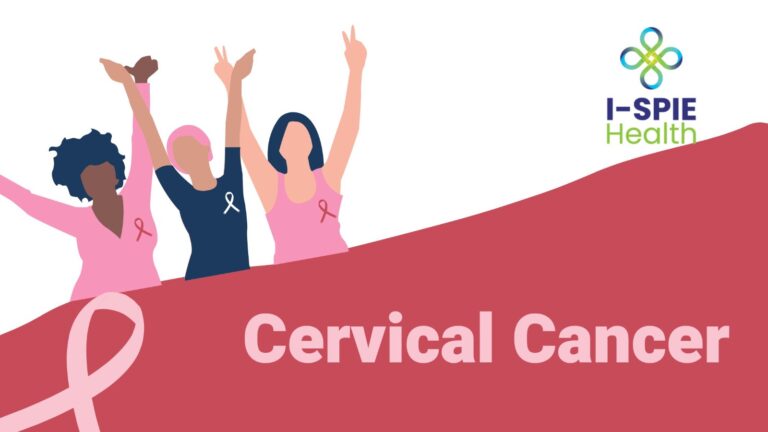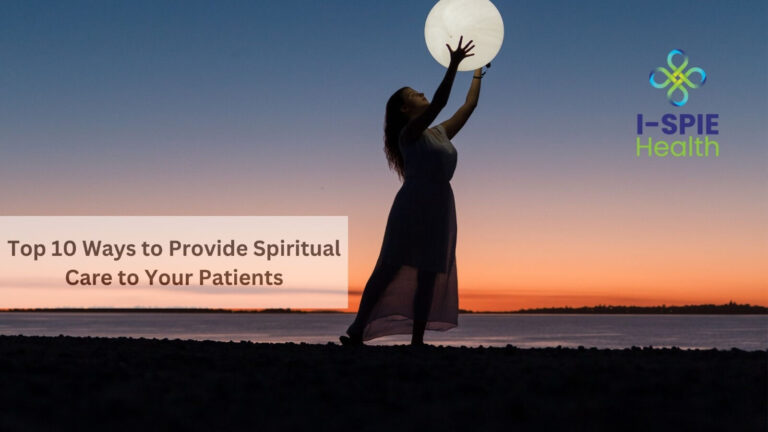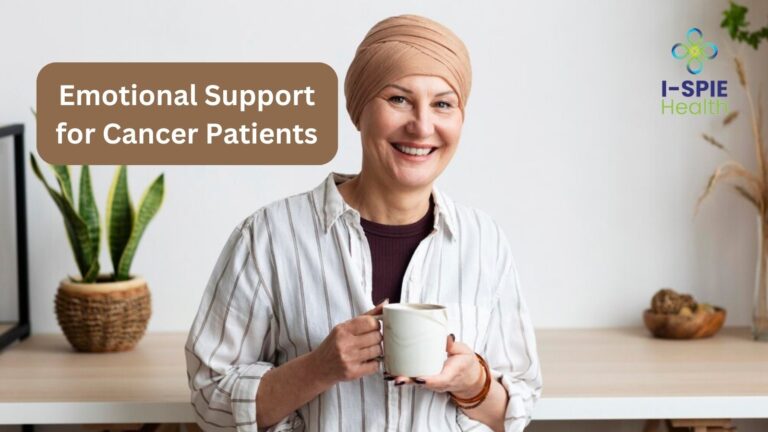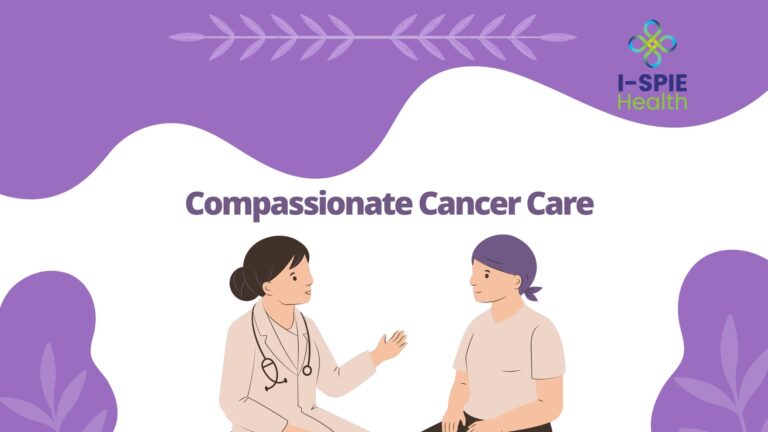Triple-negative breast cancer (TNBC) is a unique and challenging form of breast cancer that requires a holistic approach to management. Alongside medical treatments, diet plays a crucial role in supporting the body’s fight against cancer, improving treatment outcomes, and enhancing overall well-being. In this blog, we’ll explore how Triple Negative Breast Cancer Diet or dietary choices can impact TNBC, offering practical guidance and nutritional strategies tailored to those living with this condition.
What is Triple-Negative Breast Cancer?
Triple-negative breast cancer is a subtype of breast cancer characterized by the absence of three key receptors commonly found in other types of breast cancer: estrogen receptors, progesterone receptors, and HER2 protein. This absence makes TNBC more difficult to treat with hormonal therapies or drugs that target HER2 receptors, leading to a more aggressive disease with fewer treatment options.
The Role of Nutrition in Cancer Management
While no diet can cure cancer, research suggests that nutrition can influence cancer progression, treatment effectiveness, and the management of side effects. A well-balanced Diet Support the immune system, help maintain a healthy weight, and improve the body’s ability to recover from treatments such as chemotherapy and radiation.
Key Nutritional Strategies for TNBC
Antioxidant-Rich Foods
Antioxidants are compounds that help protect cells from damage caused by free radicals, which are unstable molecules that can contribute to cancer development. Incorporating a variety of antioxidant-rich foods into your diet can help bolster your body’s defenses against TNBC.
- Berries: Blueberries, strawberries, and raspberries are packed with vitamins C and E, flavonoids, and other antioxidants.
- Leafy Greens: Spinach, kale, and Swiss chard are excellent sources of vitamins A, C, and K, as well as folate and fiber.
- Nuts and Seeds: Almonds, walnuts, flaxseeds, and chia seeds provide vitamin E, healthy fats, and phytonutrients.
Suggested Recipes:
- Berry Smoothie: Blend mixed berries with Greek yogurt, a handful of spinach, and a tablespoon of flaxseed for a nutrient-packed breakfast.
- Kale and Walnut Salad: Toss kale with chopped walnuts, sliced apples, and a lemon-tahini dressing for a refreshing and antioxidant-rich lunch.
Anti-Inflammatory Diet
Chronic inflammation is a known contributor to cancer progression. An anti-inflammatory diet can help reduce inflammation and support overall health, particularly for those with TNBC.
- Turmeric and Ginger: Both spices have potent anti-inflammatory properties. Turmeric contains curcumin, which has been studied for its cancer-fighting potential.
- Fatty Fish: Salmon, mackerel, and sardines are rich in omega-3 fatty acids, which help reduce inflammation.
- Olive Oil: A staple of the Mediterranean diet, olive oil is high in monounsaturated fats and antioxidants that help combat inflammation.
Suggested Recipes:
- Turmeric-Ginger Tea: Simmer fresh ginger and turmeric in water, add a dash of black pepper (to enhance curcumin absorption), and honey to taste.
- Grilled Salmon with Quinoa Salad: Marinate salmon in olive oil and herbs, then grill and serve with a quinoa salad mixed with chopped vegetables.
Focus on Plant-Based Foods
A plant-based diet rich in fruits, vegetables, whole grains, and legumes is associated with a lower risk of cancer and improved outcomes for cancer patients undergoing treatment.
- Cruciferous Vegetables: Broccoli, cauliflower, and Brussels sprouts contain sulforaphane, a compound that has shown promise in inhibiting cancer cell growth.
- Fiber: A high-fiber diet helps maintain a healthy digestive system and supports a balanced gut microbiome, which is crucial for immune health.
- Whole Grains: Brown rice, quinoa, oats, and whole wheat are rich in fiber, vitamins, and minerals, providing sustained energy and supporting overall health.
Suggested Recipes:
- Stir-Fried Broccoli and Tofu: Sauté broccoli with garlic and ginger, add tofu and serve over brown rice for a satisfying plant-based meal.
- Quinoa and Vegetable Bowl: Cook quinoa and top with roasted vegetables, chickpeas, and a tahini dressing for a nutrient-dense, fiber-rich dish.
Also Read: Top 10 Breast Cancer Care Package Ideas + 1 Special Gift To Show Your Care
Foods to Limit or Avoid As Part of Triple Negative Breast Cancer Diet
1. Sugars and Refined Carbohydrates
Cancer cells thrive on sugar, and high sugar consumption has been linked to increased cancer risk and poor outcomes. Reducing sugar intake is essential for those managing TNBC.
- Avoid Sugary Beverages: Sodas, sweetened teas, and energy drinks can contain high amounts of sugar. Opt for water, herbal teas, or infusions with fresh fruit instead.
- Limit Refined Carbohydrates: White bread, pastries, and processed snacks often contain refined flour, which can spike blood sugar levels
2. Alcohol Consumption
Alcohol is a known risk factor for breast cancer, and reducing or eliminating alcohol intake is advisable for those with TNBC.
- Impact on Breast Cancer Risk: Alcohol can increase estrogen levels and damage DNA, contributing to cancer development.
- Reducing Alcohol Intake: Replace alcoholic beverages with sparkling water, herbal teas, or non-alcoholic cocktails.
3. Processed and Red Meat
Processed meats like bacon, sausages, and hot dogs have been classified as carcinogenic by the World Health Organization. Red meat, particularly when cooked at high temperatures, can also increase cancer risk.
- Healthier Alternatives: Choose lean poultry, fish, or plant-based proteins like beans and lentils.
- Cooking Methods: Bake, steam, or grill over low heat to reduce harmful compounds that can form during cooking.
Supplements and Nutraceuticals
While a balanced diet should provide most of the nutrients needed, certain supplements can offer additional support for those with TNBC. Always consult with a healthcare provider before starting any supplement regimen.
Omega-3 Fatty Acids
Omega-3 fatty acids have anti-inflammatory properties and may help reduce the risk of cancer recurrence.
- Sources: Fish oil supplements, flaxseed oil, and walnuts are excellent sources of omega-3s.
- Recommended Dosage: Speak with your healthcare provider about the appropriate dosage, particularly if you’re undergoing treatment.
Vitamin D
Low levels of vitamin D have been linked to an increased risk of breast cancer. Maintaining adequate vitamin D levels is important for bone health, immune function, and overall cancer prevention.
- Sources: Sun exposure, fatty fish, fortified foods, and supplements can help maintain optimal vitamin D levels.
- Testing and Dosage: Your doctor can test your vitamin D levels and recommend an appropriate supplement if needed.
Curcumin
Curcumin, the active ingredient in turmeric, has shown the potential to inhibit cancer cell growth and reduce inflammation.
- Incorporating Turmeric: Add turmeric to soups, stews, and smoothies, or consider a curcumin supplement after consulting with your healthcare provider.
Tailoring Your Diet During Treatment
Managing Side Effects of Treatment
Cancer treatments such as chemotherapy and radiation can cause side effects that impact appetite, digestion, and overall nutrition. Adjusting your diet to manage these side effects is crucial.
- Nausea: Eat small, frequent meals and choose bland, easy-to-digest foods like crackers, toast, and ginger tea.
- Fatigue: Focus on nutrient-dense foods that provide sustained energy, such as whole grains, lean proteins, and healthy fats.
- Loss of Appetite: To ensure adequate nutrition even with a reduced appetite, opt for high-calorie, nutrient-rich snacks like smoothies, nuts, and avocados.
Meal Planning and Preparation
Planning and preparing meals in advance can help ensure you have nutritious options available, even on days when you’re feeling fatigued or unwell.
- Batch Cooking: Prepare large quantities of meals that can be frozen and reheated as needed.
- Easy-to-Prepare Recipes: Focus on simple recipes with minimal ingredients and preparation time.
Working with a Dietitian
A registered dietitian who specializes in oncology can provide personalized nutrition advice based on your treatment plan, side effects, and overall health needs.
- Finding a Dietitian: Ask your oncologist for a referral or search for dietitians who specialize in cancer care.
- Collaborative Care: Working closely with a dietitian can help you navigate dietary challenges and ensure you’re getting the nutrients you need.
Lifestyle Considerations Beyond Diet
1. Physical Activity
Regular physical activity is beneficial for overall health and can help manage some of the side effects of cancer treatment, such as fatigue and depression.
- Recommended Activities: Low-impact exercises like walking, swimming, and yoga can be effective and safe for most people with TNBC.
- Tailoring Exercise: Work with a physical therapist or trainer experienced in cancer care to develop an exercise plan that suits your needs and abilities.
2. Stress Management
Chronic stress can negatively impact the immune system and overall health. Managing stress is an important aspect of cancer care.
- Stress Reduction Techniques: Practices such as meditation, deep breathing exercises, and yoga can help manage stress.
- Mindfulness and Relaxation: Incorporate mindfulness practices into your daily routine to help maintain a positive outlook and reduce anxiety.
3. Sleep and Rest
Quality sleep is essential for recovery and overall well-being. Cancer treatments and stress can disrupt sleep patterns, so it’s important to prioritize rest.
- Improving Sleep Hygiene: Establish a regular sleep schedule, create a calming bedtime routine, and limit exposure to screens before bed.
- Addressing Sleep Issues: If you’re having trouble sleeping, talk to your doctor about possible solutions, such as sleep aids or therapies.
Empower Your Health with the Right Diet
Learn how specific dietary choices can support your journey with Triple Negative Breast Cancer. Start making informed decisions for your health today.
Conclusion
Managing triple-negative breast cancer requires a comprehensive approach that includes medical treatment and Triple Negative Breast Cancer Diet attention and lifestyle. By incorporating antioxidant-rich, anti-inflammatory foods, reducing sugar and processed meat intake, and considering targeted supplements, you can support your body in its fight against cancer. Remember to work closely with your healthcare team to tailor these recommendations to your specific needs and circumstances.
FAQ
1. What diet is best for triple-negative breast cancer?
A diet rich in fruits, vegetables, whole grains, and lean proteins, while limiting processed foods and sugars, is recommended to support overall health during treatment.
2. What is the best treatment for triple-negative breast cancer?
The best treatment typically involves a combination of surgery, chemotherapy, and radiation, tailored to the individual’s specific case.
3. How to prevent triple-negative breast cancer from recurring?
Maintaining a healthy lifestyle, including regular exercise, a balanced diet, and adhering to prescribed treatments, can help reduce the risk of recurrence.
4. Can you live with triple-negative breast cancer?
Yes, with effective treatment and ongoing care, many people live with and manage triple-negative breast cancer successfully.
